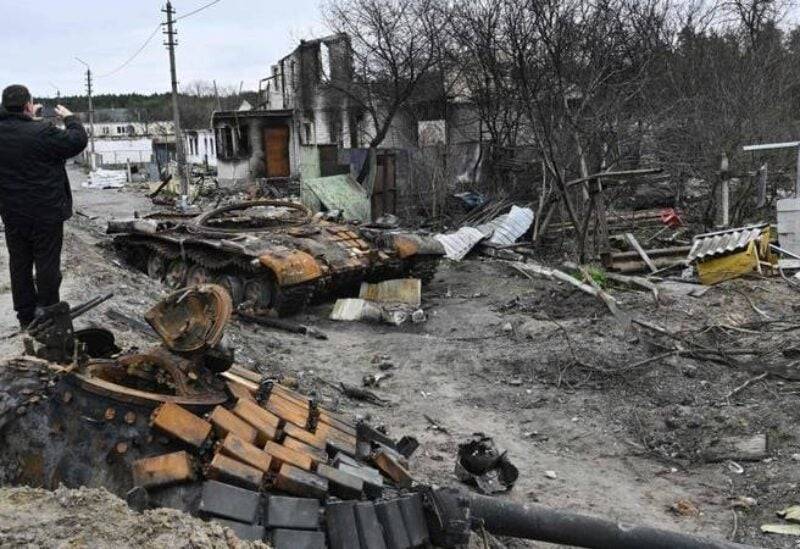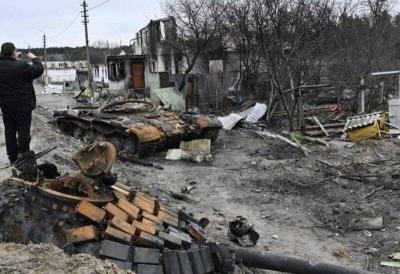Train services were halted on Monday in the Samara region of Russia following an "explosion" on a railway bridge, according to Russian news agencies citing rescue officials. Russian State Duma member Alexander Hinshtein, representing the Samara region, announced the discovery and dismantling of another explosive device at the site of the railway bridge explosion, mentioning that Ukrainian intelligence claimed responsibility for the act of sabotage.
Earlier on Monday, emergency services informed the TASS agency that an explosive device detonated on a support of the railway bridge over the Chapaevka River in the Samara region. According to him, there was no significant damage to the infrastructure, and no one was injured in the bridge explosion.
In related news, Yuri Chernenchuk, the director of the Zaporizhzhia station appointed by Russia, pointed out that Ukrainian armed forces have recently intensified their attacks on the city of Enerhodar, where the nuclear power plant is located, emphasizing that this bombardment aims to instill fear among residents ahead of the Russian presidential elections. Chernenchuk stated to reporters that the attacks carried out by the Ukrainian army are on the rise, adding: "The increase in drone and artillery attacks on the city is a fact, and in my opinion, one of the reasons for this is the Russian presidential elections, and this serves as a means of intimidation.”
According to Chernenchuk, the threat to the station from Ukrainian attacks remains, adding: "The frontline is only 5 kilometers from the station, so it is natural that the threat to the station persists." On March 1, experts from the International Atomic Energy Agency reported hearing explosions and gunfire in the vicinity of the Zaporizhzhia nuclear power plant on February 28, but the plant itself was not attacked.
Notably, Ukrainian forces bombarded the city of Enerhodar with artillery on March 1, resulting in an explosion near the city administration building. According to Mulin for Russia, Ukrainian forces shelled the city with unguided rockets on March 2. Earlier, the Russian Central Election Commission decided that voting would take place over three days: March 15, 16, and 17, 2024, making this the first three-day presidential election in Russia.




